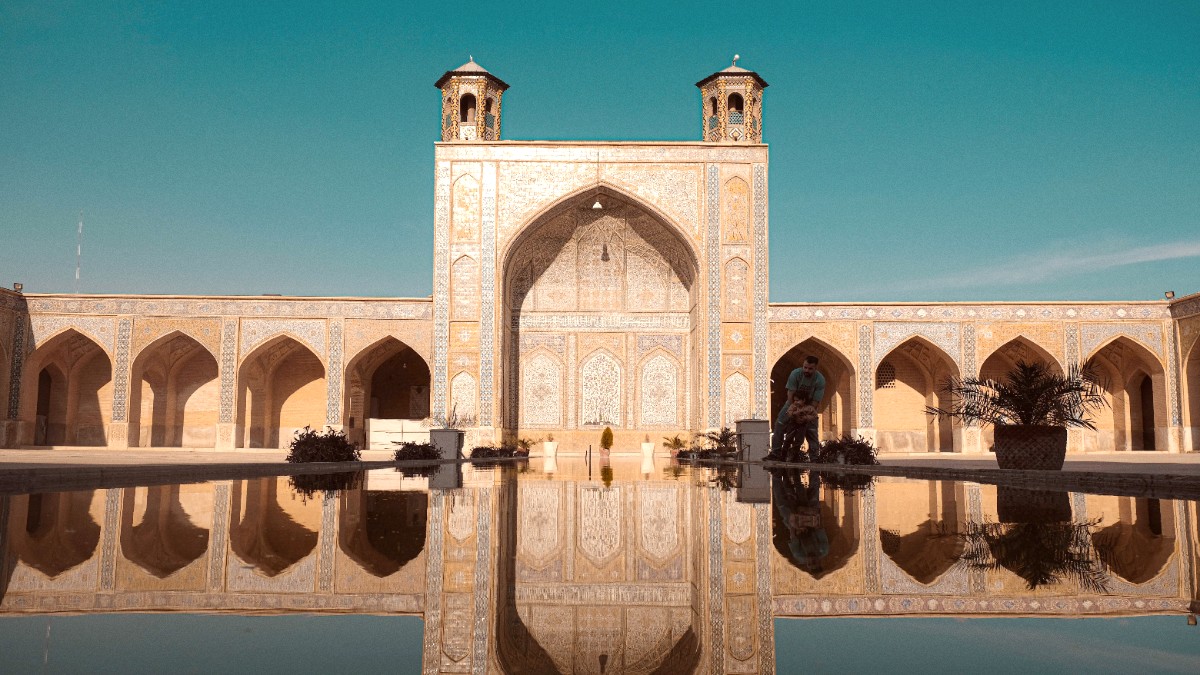
Iran
Local SIM cards are necessary for internet access and using ride-hailing apps. The two main providers are Irancell and MCI (Hamrahe Avval).
Wi-Fi is available in most hotels, guesthouses, and many cafes, though speeds can vary. Public Wi-Fi is rare. Mobile data on a local SIM is generally reliable.
Iran Post (Post-e Iran) operates throughout the country. Services are generally reliable for postcards and small packages, but international shipping can be slow.
Farsi (Persian) is the official language. English proficiency varies. Hotel staff and tour guides often speak English, but it is less common among the general public.
Consider an eSIM from Airalo for international data access, or a portable WiFi device from Solis Wi-Fi for consistent connectivity.
Awareness of typical operating hours and holiday closures in Shiraz.
Generally 9 AM - 8 PM or later, with possible afternoon break. Bazaars typically closed on Fridays.
Generally 9 AM - 5 PM (or 8 AM - 7 PM in warmer months). Shorter hours in winter. Check specific hours as they vary.
Lunch 12 PM - 3 PM. Dinner 7 PM - 10 PM or later. Cafes have broader hours.
These affect services. Nowruz (Persian New Year) starts around March 20/21 and lasts for 13 days. Transport is heavily booked.
Some attractions may have shorter hours in winter due to less daylight and colder temperatures.
Plan around local business hours and public holidays for a smooth experience. Check local sources for up-to-date timings.
Interacting respectfully with local culture is fundamental to travel in Shiraz.
Shake hands with people of the same gender. Avoid physical contact with people of the opposite gender unless they initiate it.
Photographing tourist sites and public scenes is generally acceptable. Always ask permission before photographing individuals, especially women and children.
Dress appropriately (women should wear a chador at shrines, often provided). Remove shoes before entering prayer areas.
Public transport (buses, metro) often has separate sections for men and women.
Modest attire is universal. (See 3.1) For dining and tipping practices, refer to sections 2.3 and 7.1.
Accessibility for travelers with mobility challenges is generally limited in Shiraz.
Many historical sites have uneven terrain, stairs, and lack ramps or elevators. Public transportation can be challenging.
Newer hotels and some modern public buildings may offer better accessibility. Shiraz Metro stations generally have elevators.
Specialized services are not widely available for tourists with visual impairments.
Specialized services are not widely available for tourists with hearing impairments.
Information specifically for accessible travel to Shiraz for international visitors is scarce. Plan carefully and communicate your needs in advance.